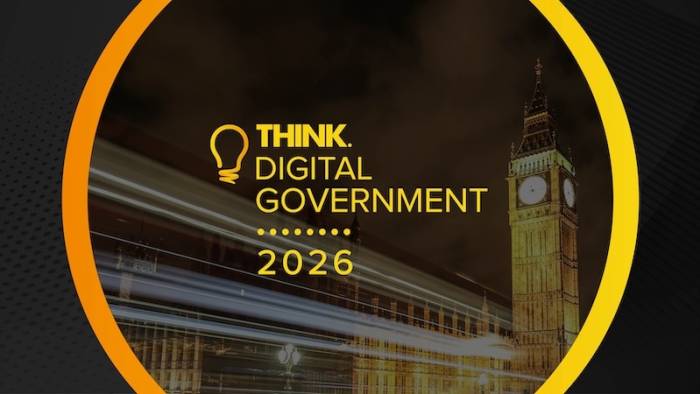Elastic’s EMEA public sector lead, Alf Franklin, says governments across Europe are at a pivotal moment in their digital journeys – and the UK is well positioned to take a leadership role in on artificial intelligence (AI).
Franklin, who joined Elastic after spending 12 years at Red Hat, describes the current landscape as “more exciting than ever” as governments move from experimental AI pilots to real-world, scalable deployments. His remit covers the UK, France, Germany and the Netherlands with a focus on helping governments use Elastic’s search and data capabilities to unlock insight from information that has long sat in silos.
“Governments have always had vast amounts of data – often citizen data – but not in a form that can be used effectively,” Franklin told Think Digital Partners. “We’ve seen many attempts to solve this through data warehousing, often with the same outcomes: high cost, slow delivery and limited usability. The opportunity now is to take a different approach.”
Moving Beyond the Data Warehouse
For Franklin, the answer lies in data mesh architectures, which allows data to be accessed and analysed across departments and even across borders, without duplicating it.

“Civil servants should be able to use the information across their departments, across different silos, even between governments,” he said. “Whether you’re looking at EU-level collaboration or organisations like NATO, the ability to securely search and use data without breaching ownership rights is key.”
Elastic’s architecture, said Franklin, is well suited to this model as it can enable search, analysis and visualisation across distributed data sets, and support integration with language models to improve efficiency and decision-making.
He believes the public sector has a genuine chance to lead in the ethical, transparent use of AI, particularly as it moves from pilot to production.
“We’re at that transition phase. Most experimental AI programmes have been stopped rather than turned into production systems,” he said. “Governments have an opportunity now to build sustainable, trusted AI that delivers measurable outcomes.”
Franklin also contends that open source architectures make it easier to audit how information was used, who accessed it, and why certain outcomes were reached.
If you liked this content…
“Open source has a crucial role in showing and explaining how information was gathered and used. Within our data mesh architecture, every search or join has an audit trail – recording what data was accessed and what authentication was used,” he said. “That level of transparency is vital for maintaining public trust.”
Sovereignty Through Skills and Openness
Franklin also highlighted the growing conversation around data sovereignty and “strategic autonomy” across Europe where governments are aiming to reduce dependency on non-European technology providers.
But rather than viewing this as protectionism, Franklin sees it as an opportunity for skills development and empowerment.
“It’s not about drawing a hard line and saying we’ll only buy from local suppliers. It’s about building capability,” he said. “If governments develop stronger technical and AI skills, they can get more value from external technology and use it more effectively.”
He added that the UK remains strong in software engineering and open source, both critical to this vision. “Open source enables countries to grow their own technology skills. It’s competitive, it’s collaborative, and it’s driven by real-world needs,” Franklin says.
Elastic Partnering, Not Just Supplying
As Elastic deepens its engagement with the UK public sector, Franklin wants to focus on partnership rather than procurement.
“Public sector customers achieve an incredible amount, often with smaller budgets than commercial organisations,” he says. “Our intent is to collaborate more closely – to align with their goals and missions, not just to supply technology.”
Elastic already works with a range of UK public sector bodies, including the Met Office, DVLA and the University of York, as well as organisations in agriculture and environmental research.











